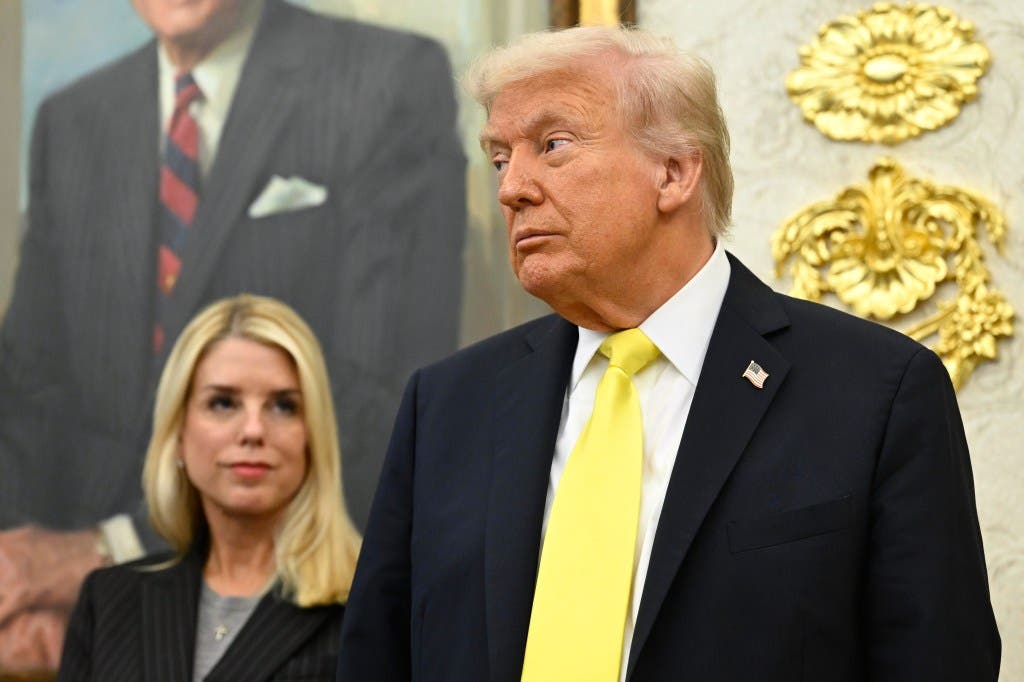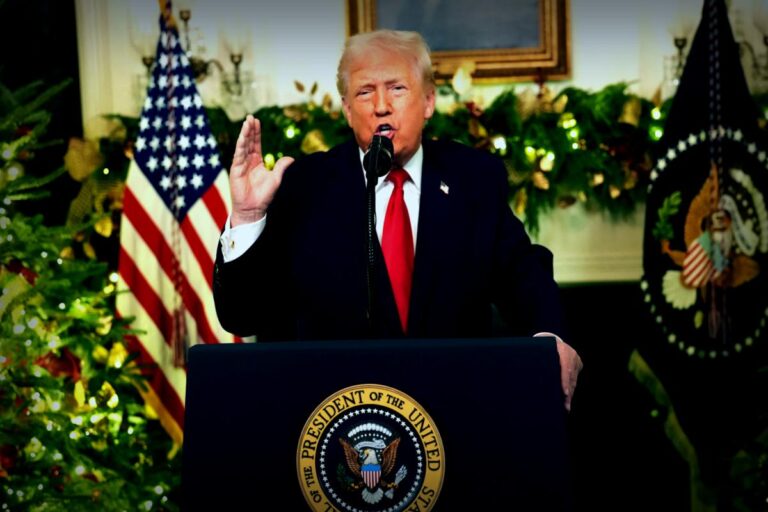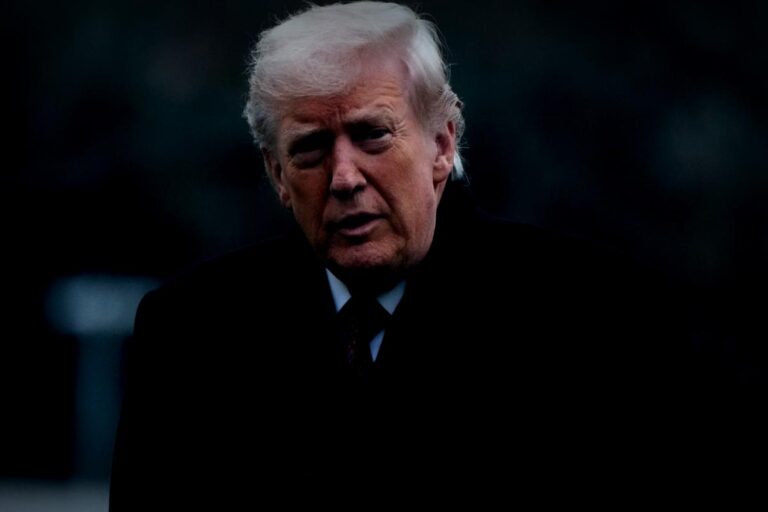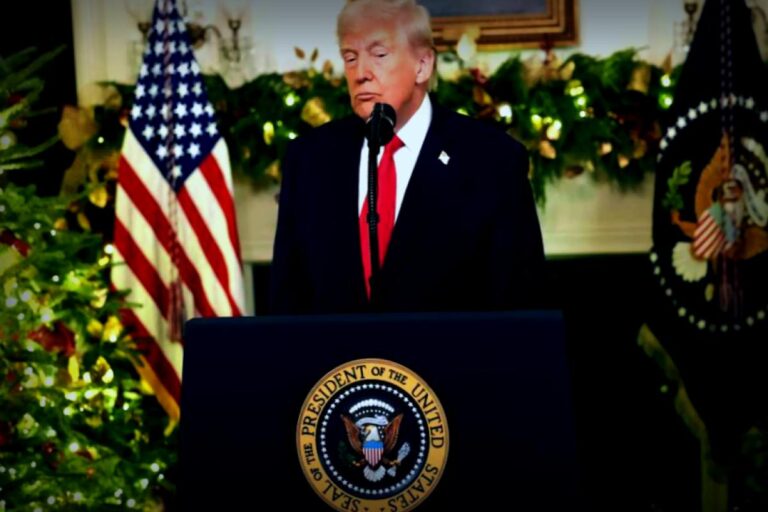There’s a rising wave of frustration among federal judges towards the Department of Justice (DOJ) helmed by Attorney General Pam Bondi. The urgency of the issue comes from recurring reports of government lawyers allegedly misleading courts and flouting judicial orders.
These apprehensions have reached new heights, especially after a whistleblower shared their account on 60 Minutes, coupled with an extensive review conducted by legal experts analyzing a series of federal cases.
Importance of the Situation
This growing tussle between the federal judiciary and Bondi’s DOJ is not just a fleeting incident; it dives deep into the essence of the rule of law. It raises significant questions about whether courts can still trust the government’s word at face value.
The troubling allegations depict DOJ lawyers as people who not only misled judges and disregarded court orders but also retaliated against internal dissent. The feedback is not just coming from judges appointed by Democrats; even Republican judges have expressed their concerns, putting the spotlight on the government’s honesty in court.
If the DOJ loses its hard-earned reputation for good faith, the repercussions could extend well beyond any one administration, deeply undermining the integrity of the country’s judicial system.

Key Takeaways
Whistleblower Speaks Out on Retaliation
Erez Reuveni, a former senior attorney at the Justice Department, who specialized in immigration law, shared his experience with 60 Minutes about being fired for refusing to endorse a document he believed was filled with fabricated claims regarding the wrongful deportation case of Kilmar Abrego Garcia.
Reuveni stated, “I took an oath to uphold and defend the Constitution… If I stayed silent, I wouldn’t be honoring that oath.”
His tenure of 15 years across different administrations made him witness to a workplace culture that increasingly ignored judicial authority.
Responding to Court Orders
He recalled an unsettling meeting in March where senior DOJ official Emil Bove purportedly instructed attorneys that flights deporting Venezuelan detainees must happen, “no matter what,” even if a court order said otherwise.
Reuveni stated, “Then he remarked, if a court issued a ruling against it, we might need to just tell that court, ‘F*** you.’” This shocking statement left him stunned. “Here was a top DOJ official casually suggesting that we let court orders slide,” he remarked.
Subsequently, when challenged by detainees’ lawyers, U.S. District Judge James Boasberg held an emergency hearing to verify whether the flights were proceeding that weekend, only to find the DOJ attorney claiming ignorance of any prior knowledge—a misrepresentation, as per Reuveni.
“This kind of misleading is one of the most egregious violations of a lawyer’s ethical responsibility,” he noted in his discussion with 60 Minutes.
Sadly, the deportations continued even during the hearing.
Commenting on this situation, Peter Keisler, former acting attorney general under George W. Bush, pointed out, “In our judicial system, every individual has the right to a day in court… it’s vital that the government’s actions fall within legal restrictions.”
Notably, Reuveni’s principled stand against labeling Abrego Garcia a terrorist ultimately led to his dismissal. He arranged to file a whistleblower complaint with the Government Accountability Project back in June.
The DOJ, Bondi, and Bove turned down requests from 60 Minutes for interviews.

During a later confirmation hearing, Bove insisted that he had “never directed any DOJ attorney to defy a court order,” dismissing Reuveni’s claims as mere “falsehoods and wild distortions.”
A Wider Trend of Misleading Courts
After examining numerous court decisions linked to President Trump’s term, legal scholars highlight that these issues extend far beyond just one case. Ryan Goodman, a law professor at NYU and editor at Just Security, stated that his assessment uncovered over 35 instances where judges noted the government presented false claims, some of which appeared to be intentionally inaccurate.
His extensive research illustrates a pattern where DOJ lawyers either neglected court mandates or did not adhere to judicial instructions, prompting judges from across the political spectrum to reconsider the “presumption of regularity” typically granted to executive actions.
Add to that the recent judicial reactions echoing this widespread concern. Judges from both parties have criticized the DOJ’s conduct, with one judge pointing out that “decades of earned trust vanished in mere weeks.”
Interestingly, the Bondi-led DOJ has refrained from publicly addressing the influx of judicial disapprovals.
This spring, the Supreme Court unanimously ruled that everyone deported under the Alien Enemies Act during the administration deserves due process, underscoring that government actions remain open to judicial scrutiny, even in security matters.
According to Goodman’s observations, “The most victimized entity in all of this is the Justice Department itself.”
Community Reactions
Judge Paula Xinis remarked during a competitive hearing, “You’ve destroyed the presumption of regularity, in my opinion.”
Judge Amy Berman Jackson noted in her preliminary injunction order: “The court has little confidence that the defense will be truthful anywhere at all.”
Chief Judge James E. Boasberg expressed concerns stating, “There’s probable cause that defendants have willfully disregarded a mandatory judicial order.”
What’s Next?
The aftermath of this lingering conflict surrounding the DOJ will rely heavily on accountability and rebuilding faith. Reuveni’s whistleblower claims may lead to inquiries from oversight institutions and possibly the DOJ inspector general’s office, while federal judges could intensify their analyses of government filings and impose sanctions for any misconduct.
There’s also potential for Congressional hearings aimed at understanding whether senior officials ignored court vininders or retaliated against departmental employees. For Bondi, the pressing task now is to regain the judiciary’s confidence and re-establish the department’s role in maintaining honesty.
Even in the absence of clear misconduct findings, the diminishing trust in the judicial system may have lasting effects on how courts perceive the government’s assertions going forward.



















